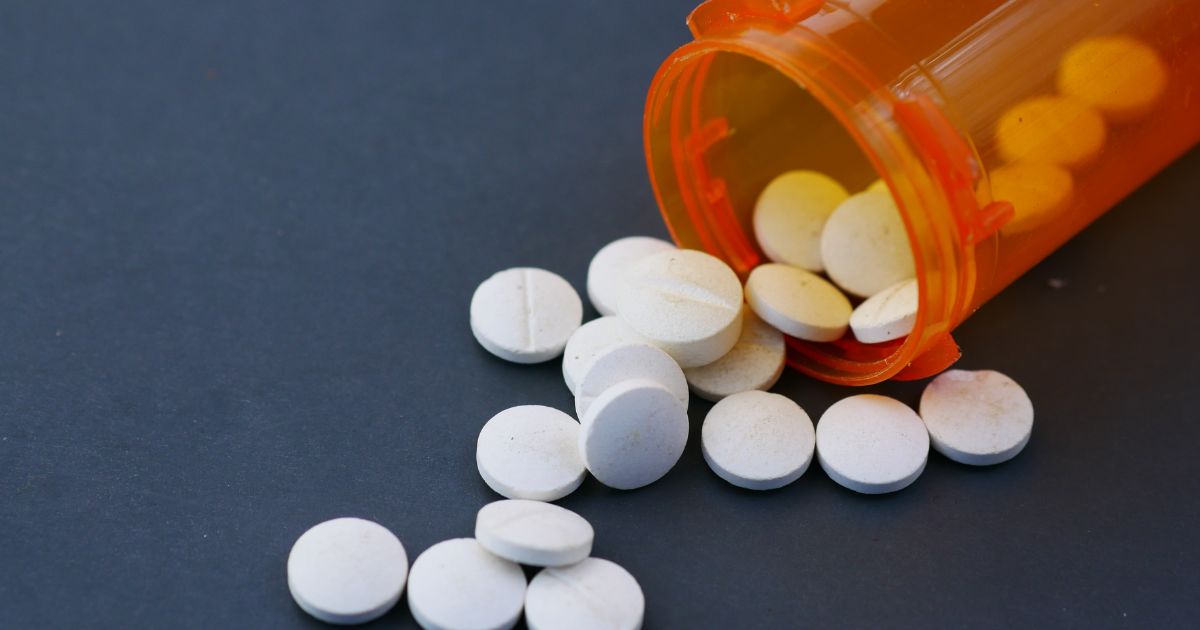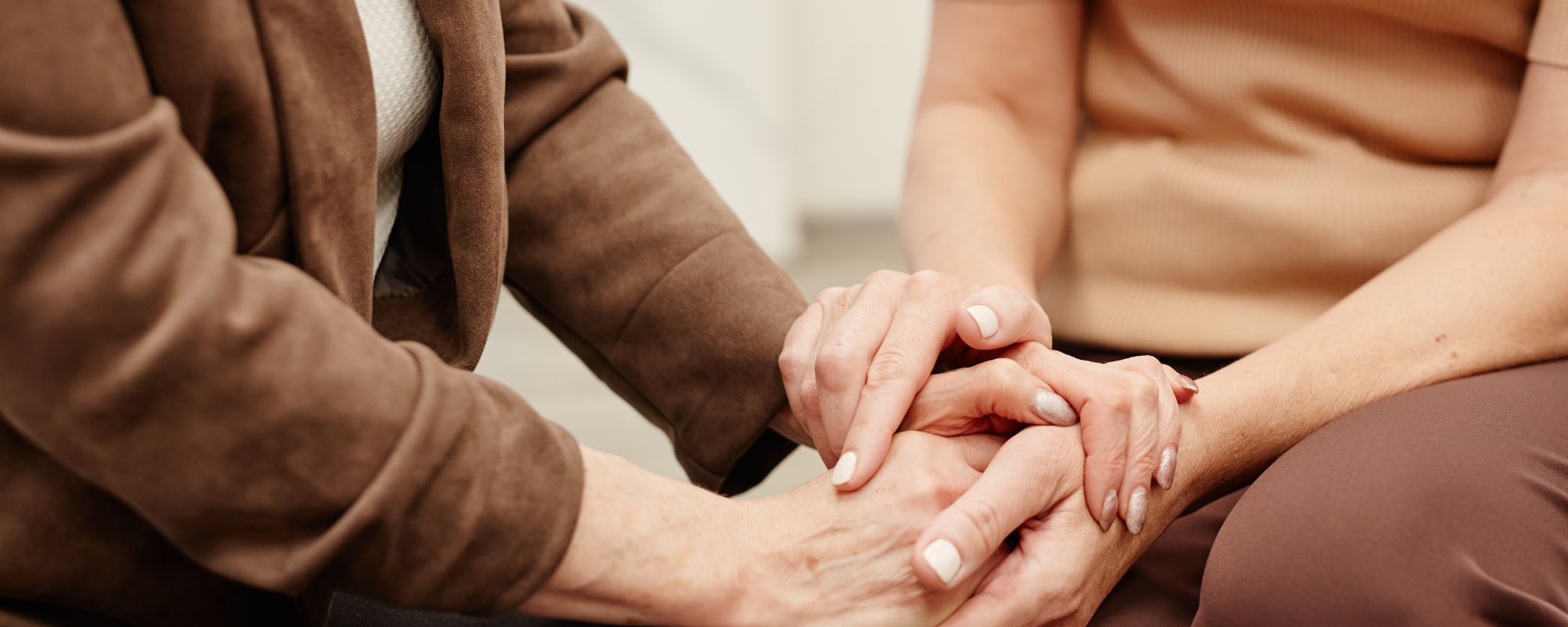It’s utterly devastating to watch a parent fall victim to addiction. Addiction leads to pain and destruction, and no one should have to stand by as their mother or father suffers. If you are wondering how to help your addicted parents find the help they need, we’ve got you covered.
Signs Of Addiction in Addicted Parents
If you’re concerned that your parent may be suffering from substance use disorder, you need to know what signs to look for. Indeed, addicted parents often show signs of physical, behavioral, and emotional changes during drug abuse.
As a result, there are many identifiable traits that point to addiction within a parent. In fact, the ability to recognize these symptoms helps family and friends work together and find their loved ones the help they need.
What Are the Physical Signs of Addiction?
Physical signs of addiction include:
- Lethargy
- Fatigue
- Loss of appetite
- Weight loss
- Tremors
- Sleeping issues
- Decreased hygiene
- Coordination problems
If your parent is suffering from substance use disorder, it is common to notice a shift in their sleeping habits. For instance, parents suffering from cocaine use disorder they will act extremely manic, energetic, excitable, and alert during their drug use. Following a binge on cocaine, your parent may remain awake for days. However, as the drug leaves their system, they crash into exhaustion and pass out for hours or days.
What Are the Behavioral Signs of Addiction?
Behavioral signs of addiction include:
- Deceitful behavior
- Self-isolation
- Money problems
- Legal trouble
- Change in their social group
- Decreased interest in hobbies
- Poor work performance
- Neglecting responsibilities
Poor performance levels at work, legal troubles, and money problems are additional indicators of a substance use disorder. Lethargy and apathy often lead addicted parents to ignore their responsibilities. In addition, drug abuse comes at a cost— the risky behaviors involved in drug abuse results in a swiftly depleted bank account and legal trouble.
What Are the Emotional Signs of Addiction?
Emotional signs of addiction include:
- Mania
- Paranoia
- Anxiety
- Depression
- Apathy
- Mood Swings
- Aggression
- Irritability
- Unmotivated
- Emotionally withdrawn
As addiction continues to spread, addicted parents begin to lie to cover up their problems. Parents suffering from addiction often feel shame and guilt, aware of the pain their addiction is causing. In order to hide the severity of their addiction, parents often emotionally withdraw from family and friends.
Getting Your Addicted Parents Help
For parents with a substance use disorder, it can be a long road before the search for recovery begins. The guilt and shame of the damage they have done to their families can be overwhelming. However, despite the obstacles that may be ahead, many parents have recovered from their addiction and reclaimed their lives and families.
Holding An Intervention
Reaching a drug-addicted parent is never easy. Addiction warps the mind, causing physical and psychological dependence which can result in denial and aggression when confronted. For this reason, seeking professional help is the best course of action.
Sometimes an intervention will be necessary in order to help a parent or parents recognize the severity of their drug abuse. Enlisting the help of other family members can provide you with support during a stressful experience like an intervention.
Additionally, a gathering of affected family and friends can illuminate the negative effects of your parent’s addiction. However, it is important not to overwhelm any person suffering from addiction because this may result in feelings of prosecution and judgment, triggering a fight-or-flight response.
Reaching Out To A Drug and Alcohol Rehab
Royal Life Centers, in addition to the many drug and alcohol rehab facilities, are dedicated to supporting and guiding you while you send a family member to treatment. There are many treatment options available that cater specifically to parents. Some programs include groups that focus specifically on familial issues and how addiction has negatively affected the family dynamic. There are even programs that offer family therapy and other family healing opportunities, in addition to family therapy.
Royal Life Centers will provide your parent with a safe and comfortable place to start their recovery journey. We provide medical detox in order to remove any and all toxic substances from their system before they join our residential inpatient program.
Within our residential inpatient program, your parent will learn coping skills for relapse prevention as well as maneuver through individual and group therapy to identify, analyze, and deconstruct negative behaviors that lead to their addiction.
Additionally, we recommend the continuation of treatment in our aftercare program to extend their time in therapy and relapse prevention groups. In doing so, they can gain additional support as they develop a maintainable recovery in our lower levels of care.
Our 12-week aftercare program includes:
During the final levels of care in our aftercare program, your parent can either return home or stay in one of our sober living homes while they complete treatment. Following aftercare, we also provide a flexible outpatient program (OP) and sober living residences for those who wish to extend their time in the recovery community.
Family Resources
It’s hard to help someone else before you help yourself. For this reason, it’s important to remember that you deserved to heal from your parent’s addiction as well. Although recovery is vital for your addicted parents, it is just as important to recover as a family.
During your recovery as a family, you learn to develop new healthy habits and boundaries to protect yourself and your loved ones. In fact, there are many wonderful support groups dedicated to helping you process the trauma caused by your parent’s addiction.
Furthermore, programs such as Al-Anon and Nar-Anon were designed specifically for friends and families of those affected by addiction. Similarly, Adult Children of Alcoholics (ACOA) is an organization dedicated to the healing of damages caused by alcoholic parents onto their children.
Contact Our Addiction Specialists
Royal Life Centers offers an extensive family program that helps families recover together. If someone in your family is struggling with an addiction and you don’t know where to turn, call us right away.
We can help walk you through the process of getting your loved one help. We are available to answer any questions you may have; call us now at 877-RECOVERY.










